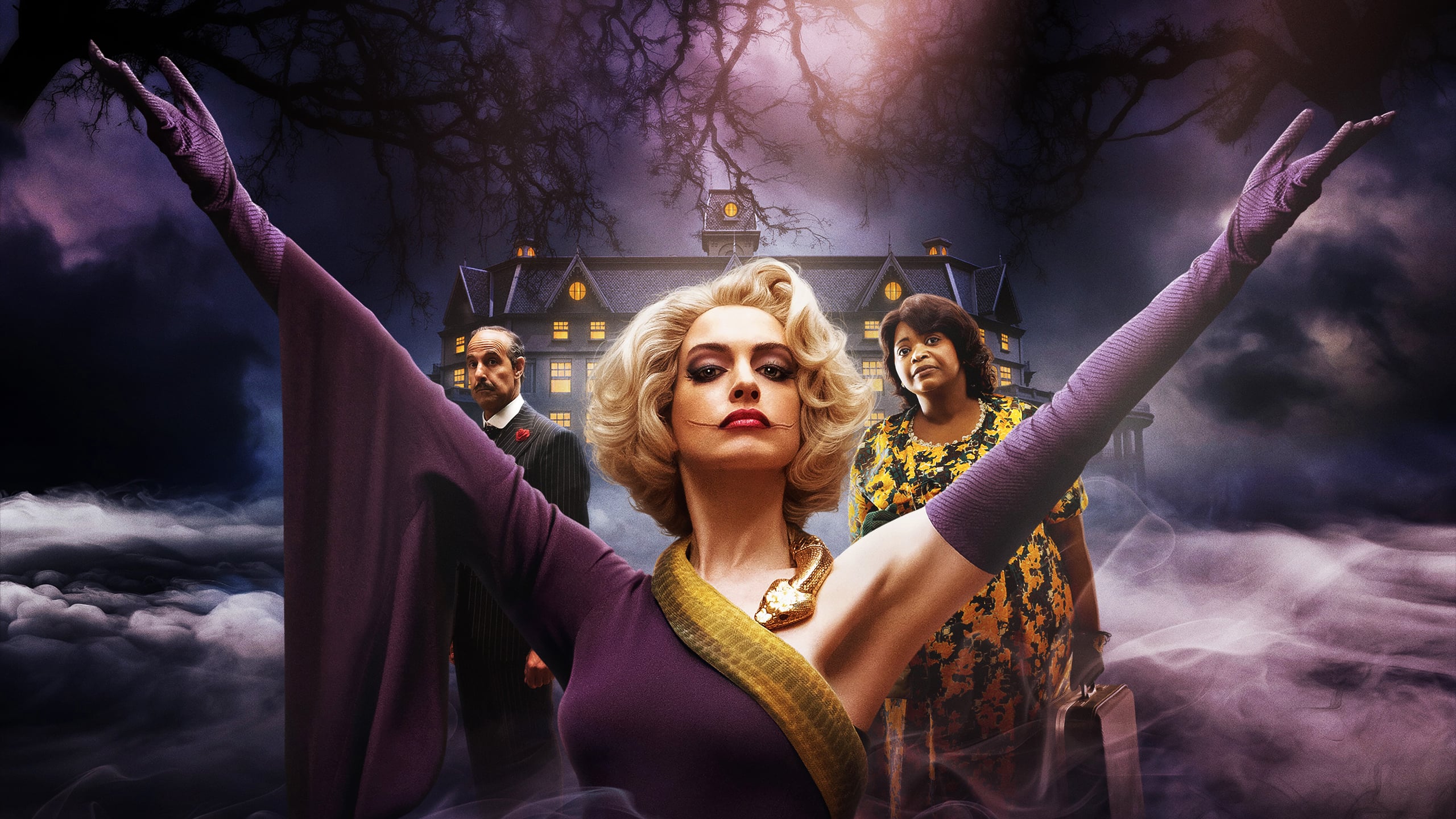
In recent years Dahl has been criticised for anti-Semitism, misogyny and racism. The Oompa-Loompas, the diminutive employees of Willy Wonka’s chocolate factory, have been extensively reimagined over the years. This is not the first time that his work has been controversial. His stories are characterised by dark humour and unexpected twists. More than 250 million copies of his books, which include novels such as The Witches, The Twits and Charlie and the Chocolate Factory, as well as his memoirs Boy and Going Solo, have been sold worldwide.

Born in Cardiff in 1916 to Norwegian parents, he was an ace fighter pilot during the Second World War before turning his hand to writing. It’s Roald Dahl, but different.ĭahl, who died in 1990, is one of the most successful children’s authors of all time. In Matilda, a mention of Rudyard Kipling has been cut and Jane Austen added. The Small Foxes in Fantastic Mr Fox are now female. Remember the Cloud-Men in James and the Giant Peach? They are now the Cloud-People. Language related to weight, mental health, violence, gender and race has been cut and rewritten. By comparing the latest editions with earlier versions of the texts, The Telegraph has found hundreds of changes to Dahl’s stories.


The publishers have given themselves licence to edit the writer as they see fit, chopping, altering and adding where necessary to bring his books in line with contemporary sensibilities. Put simply: these may not be the words Dahl wrote. This book was written many years ago, and so we regularly review the language to ensure that it can continue to be enjoyed by all today.” “The wonderful words of Roald Dahl can transport you to different worlds and introduce you to the most marvellous characters. “Words matter,” begins the discreet notice, which sits at the bottom of the copyright page of Puffin’s latest editions of Roald Dahl’s books.


 0 kommentar(er)
0 kommentar(er)
